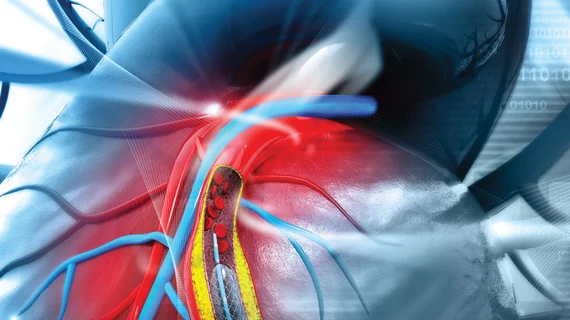Machine learning helps ward off med-induced heart trouble
Researchers have demonstrated a way to help patients avoid heart arrhythmias caused by medications before the drugs have been prescribed. Their technique uses computational modeling and a machine-learning approach to predict electrotoxicity in the heart “from the atom to the rhythm.”
The study was conducted at UC-Davis and is running in the journal Circulation Research.
“We expect that the model framework may be expanded to make an impact in drug discovery, drug safety screening for a variety of compounds and targets, and in a variety of regulatory processes,” write Colleen Clancy, PhD, Igor Vorobyov, PhD, and colleagues.
To this point, the only way to know a drug will cause an arrhythmia in any given patient has been to prescribe, wait and watch.
“Even drugs developed to treat arrhythmia have ended up actually causing them,” Clancy says in a news item on the research posted by UC-Davis. She explains the issue has been lack of a way to know how a drug will affect hERG-encoded potassium channels, which help normalize heart rhythm. (The acronym stands for human Ether-à-go-go-Related Gene.)
Clancy says the new research shows the feasibility of modeling a drug’s effect on heart rhythm based on the drug’s chemical composition plus the heart’s cells and tissues.
“Every new drug needs to go through a screening for cardiac toxicity, and this could be an important first step to suggesting harm or safety before moving on to more expensive and extensive testing,” Clancy adds.
The study is available in full for free.

